
Learn about Eagle Eye Innovations and the people at the heart of the organisation.

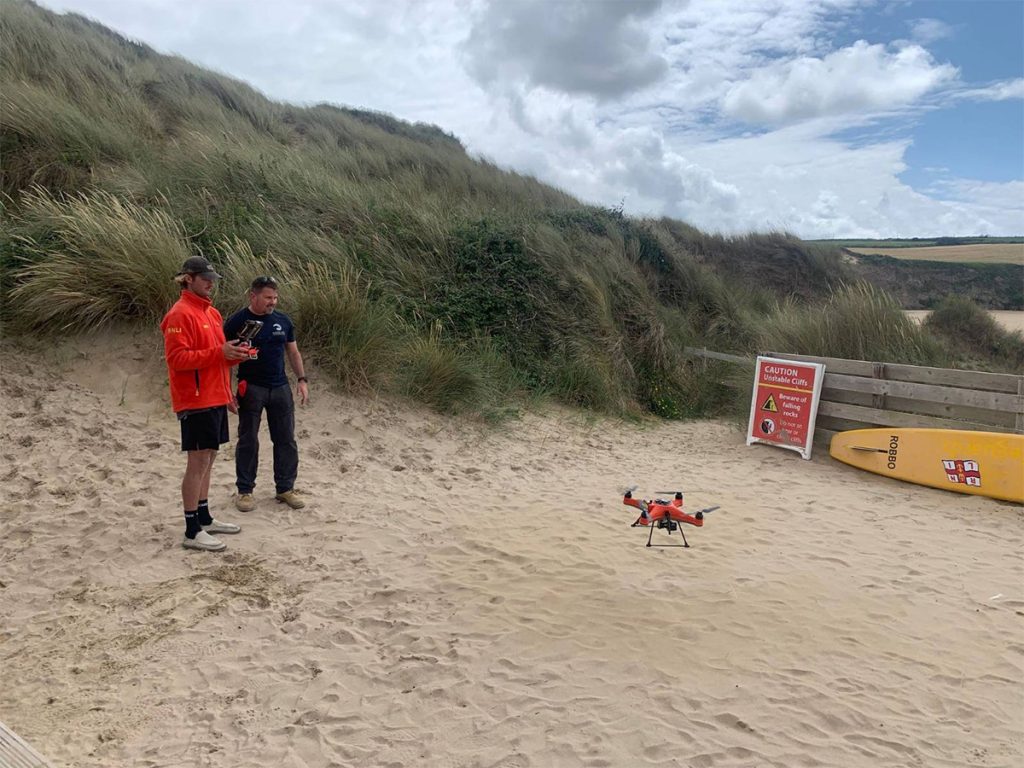
At the beginning of July 2023, EEI conducted some training with water safety experts RLSS UK, facilitated by the RNLI. This training was delivered on a beach in Cornwall, allowing the newly qualified operators to see not only the benefits of using this new lifeguarding technology, but also the challenges, that come with operating a drone in this environment.
The beach environment offers an excellent training ground for drone operators, providing a unique blend of ideal conditions and harsh realities. Training in this setting allows remote pilots to prove the quality and capabilities of today’s lifeguarding technology, particularly the SwellPro Splash Drone 4, specifically in their routine lifeguarding responsibilities. By simulating real-time problems and encountering actual scenarios they will face daily, trainees gain invaluable experience and develop coping strategies personalised to them.
Operating drones on the beach presents a multitude of challenges that highlight the versatility and adaptability of these aerial devices. Encountering uninvolved people on the beach is a common occurrence, requiring drone operators to navigate the air space to achieve the required task while maintaining safety distances and protocols.
Additionally, logistical factors such as battery charging and signal interference become evident in this environment, emphasising the need for effective operational planning and a detailed understanding of the operating area.
The constantly changing beach environment poses a significant impact on drone flights. Strong winds, shifting tides, and unpredictable weather conditions force operators to adapt their flight strategies accordingly. Training in such dynamic conditions allows pilots to understand the limitations of their drones and adapt their techniques to ensure successful outcomes.
Practical training on the beach enables remote pilots to explore the full potential of drone technology in real-time scenarios. It demonstrates how drones can support lifeguards by providing aerial surveillance, rapid response, and increased situational awareness. By witnessing first-hand the effectiveness of drone deployment, operators gain confidence in utilising this technology to enhance their lifeguarding duties.
While theoretical training provides a foundation of knowledge, conducting training in the actual operational environment is paramount. Trainees witness the importance of proper training and learn to operate safely and in accordance with UK CAA policy and legal regulations.
By experiencing the challenges and rewards of beach drone operations during training, remote pilots develop the skills necessary to fulfil their responsibilities effectively.
In conclusion, drone training in the beach environment offers trainees an opportunity to tackle real-time problems, navigate logistical hurdles, and witness the impact of environmental changes on drone operations. By honing their skills in these conditions, remote pilots gain practical experience, develop coping strategies, and unleash the true potential of drone technology in lifeguarding duties.
News
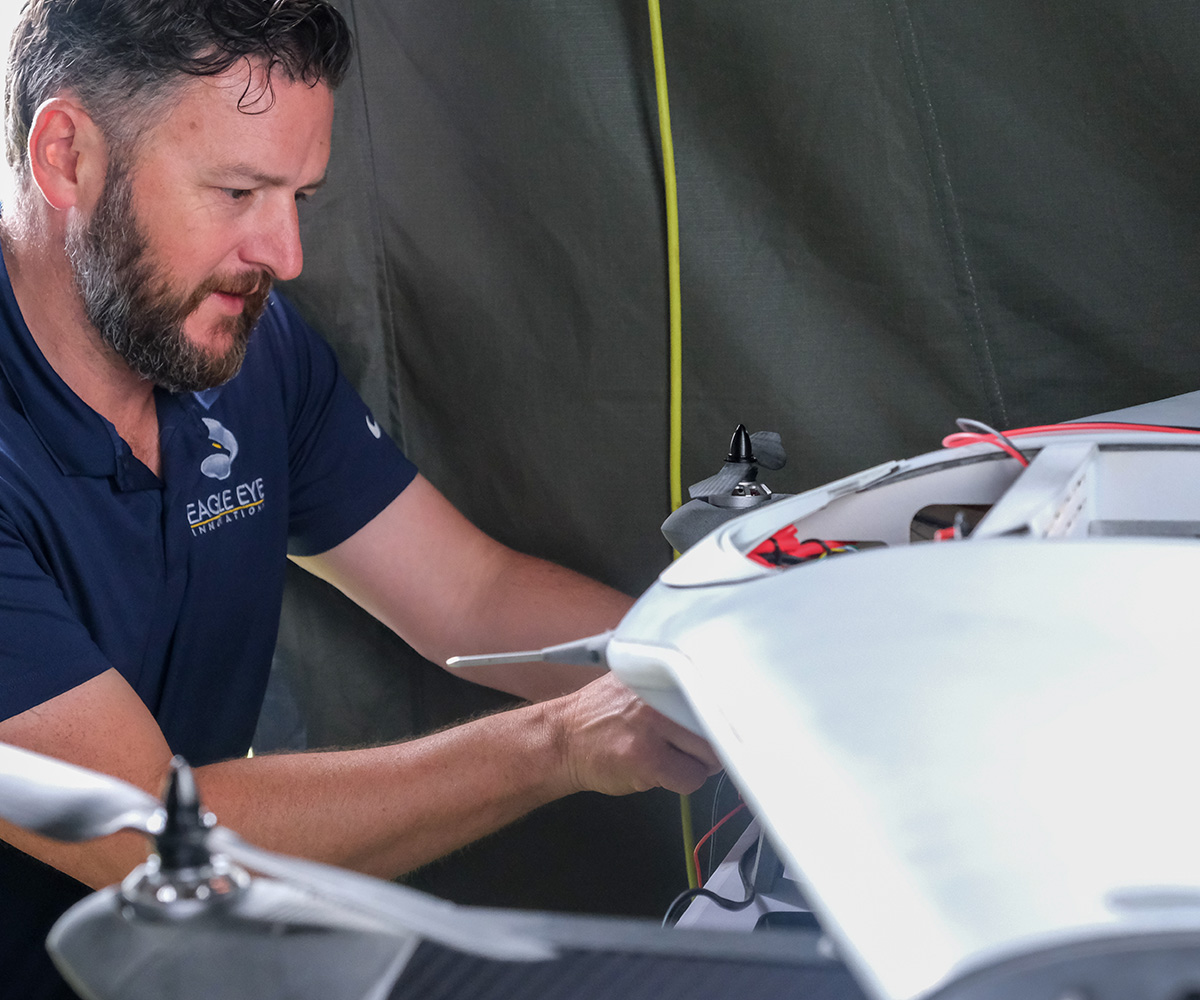
On Mon 3 Mar 2025, the UK Civil Aviation Authority (CAA) published ORS9, Decision 46, setting out the UK Specific Operations Risk Assessment (SORA) methodology as Acceptable Means of Compliance (AMC) to UK Regulation (EU) 2019/947 Article 11. The CAA... Read more
Training
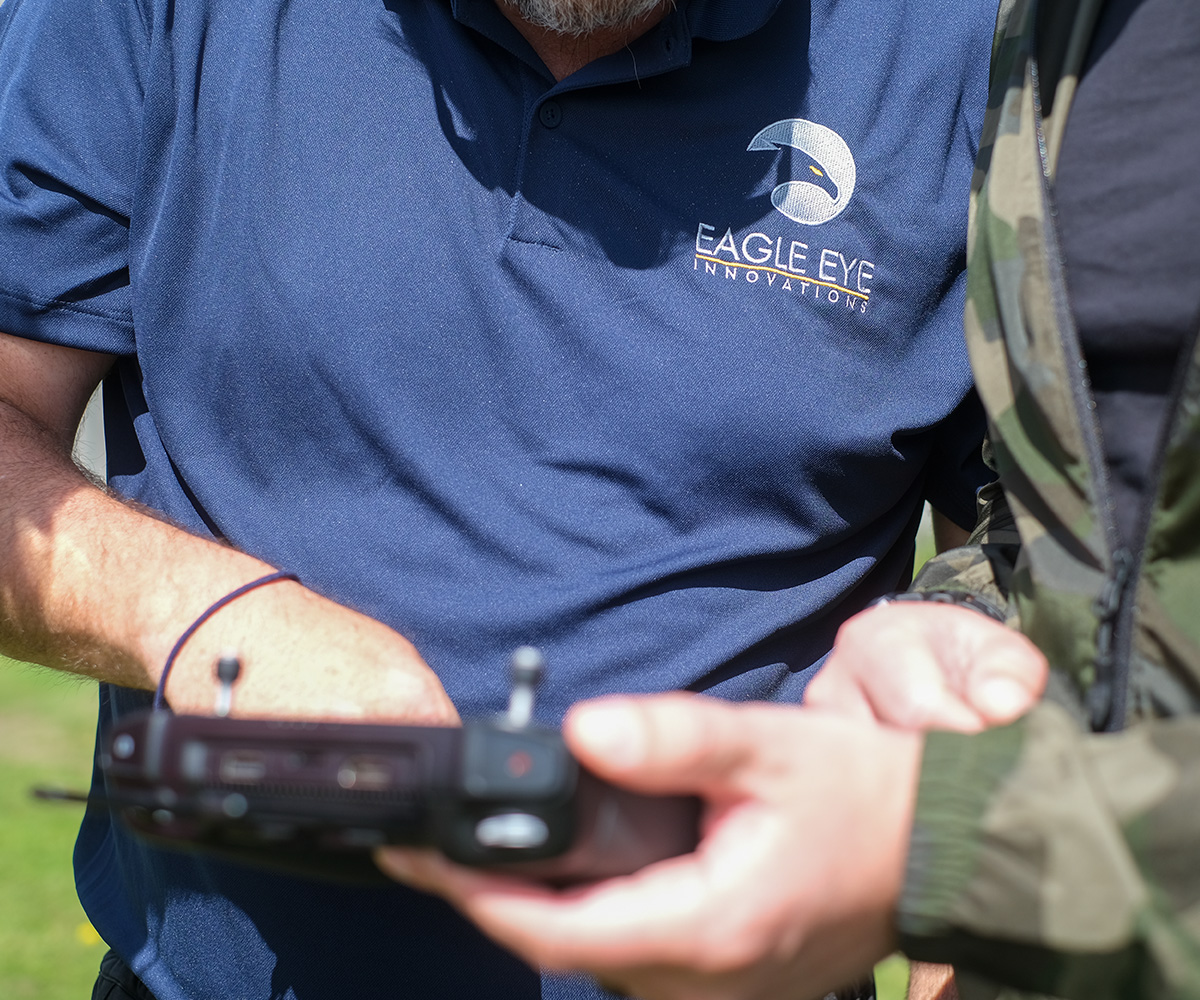
Our ex-military drone training instructors have unmatched experience in the RPAS industry, which allows us to ensure another level of professionalism when teaching our students.
Training

Location: HTP Facility, Ostrava Airfield, Czechia Mission Objectives: Teach Czech Uncrewed Aerial Systems (UAS) operators to integrate aircraft into larger airspace operations. Develop search tactics for a range of tasks. Help Czech personnel to develop and practice their English-speaking skills. ... Read more
Training
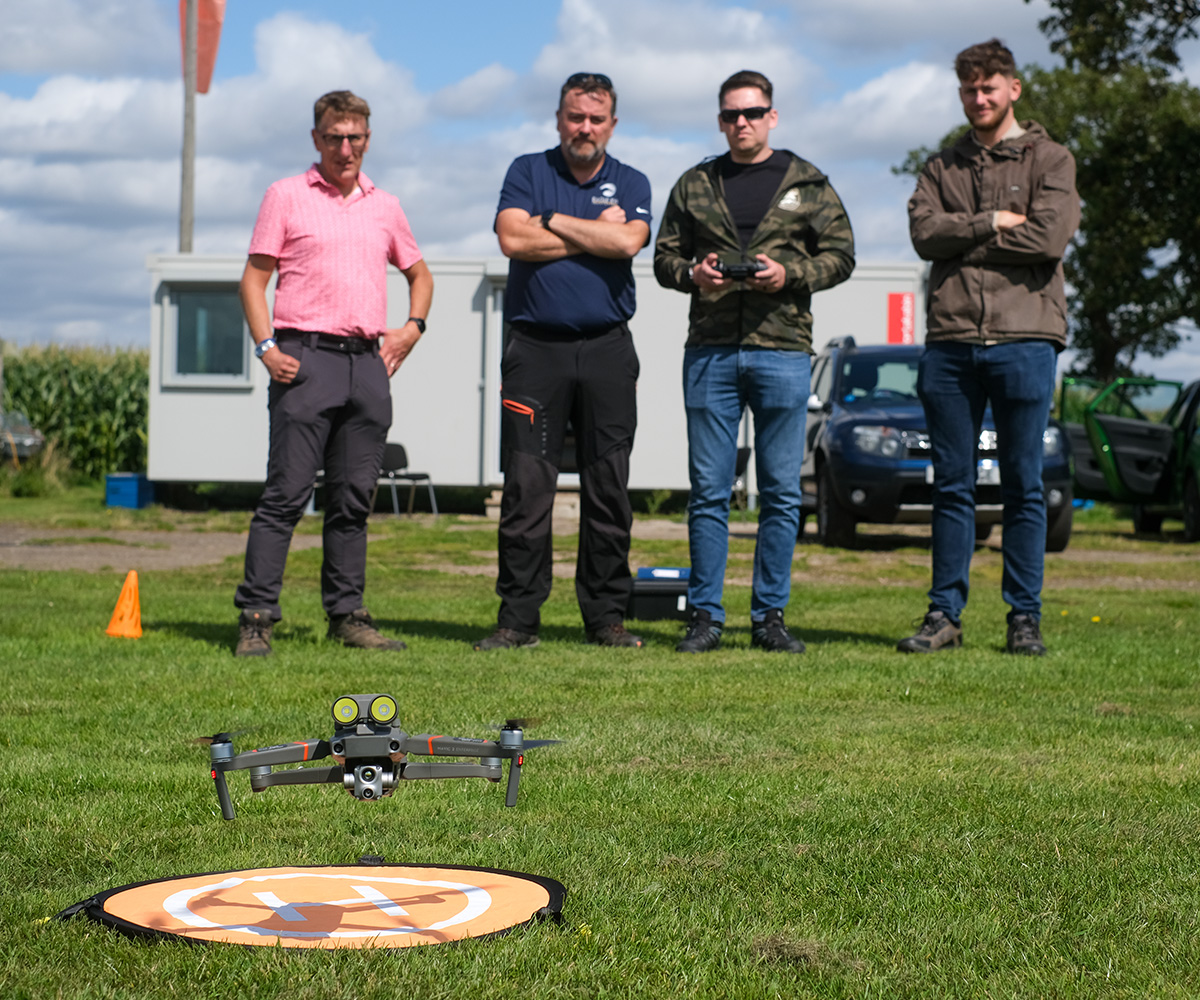
As a UK drone operator, staying compliant with Civil Aviation Authority (CAA) regulations is essential to ensure safety, professionalism, and the smooth continuation of your operations. The A2 Certificate of Competency (A2 CofC) and General Visual Line of Sight Certificate... Read more
Training
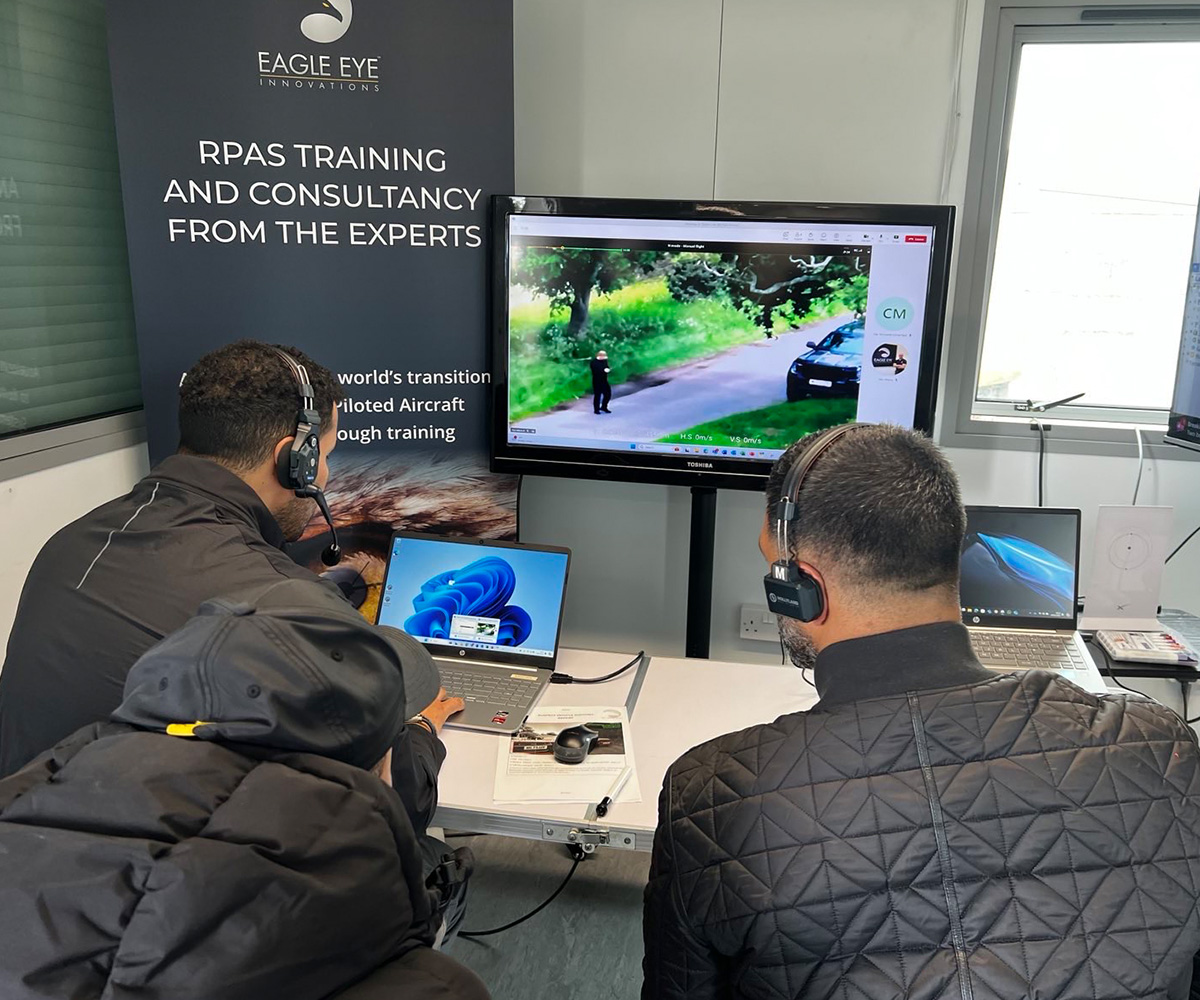
Eagle Eye Innovations (EEI) recently concluded an intensive training program for a group of international military personnel, focusing on the operation, maintaining, and tactical use of Remotely Piloted Aircraft Systems (RPAS) under 25kg. With classroom, synthetic, and live training elements,... Read more
Training
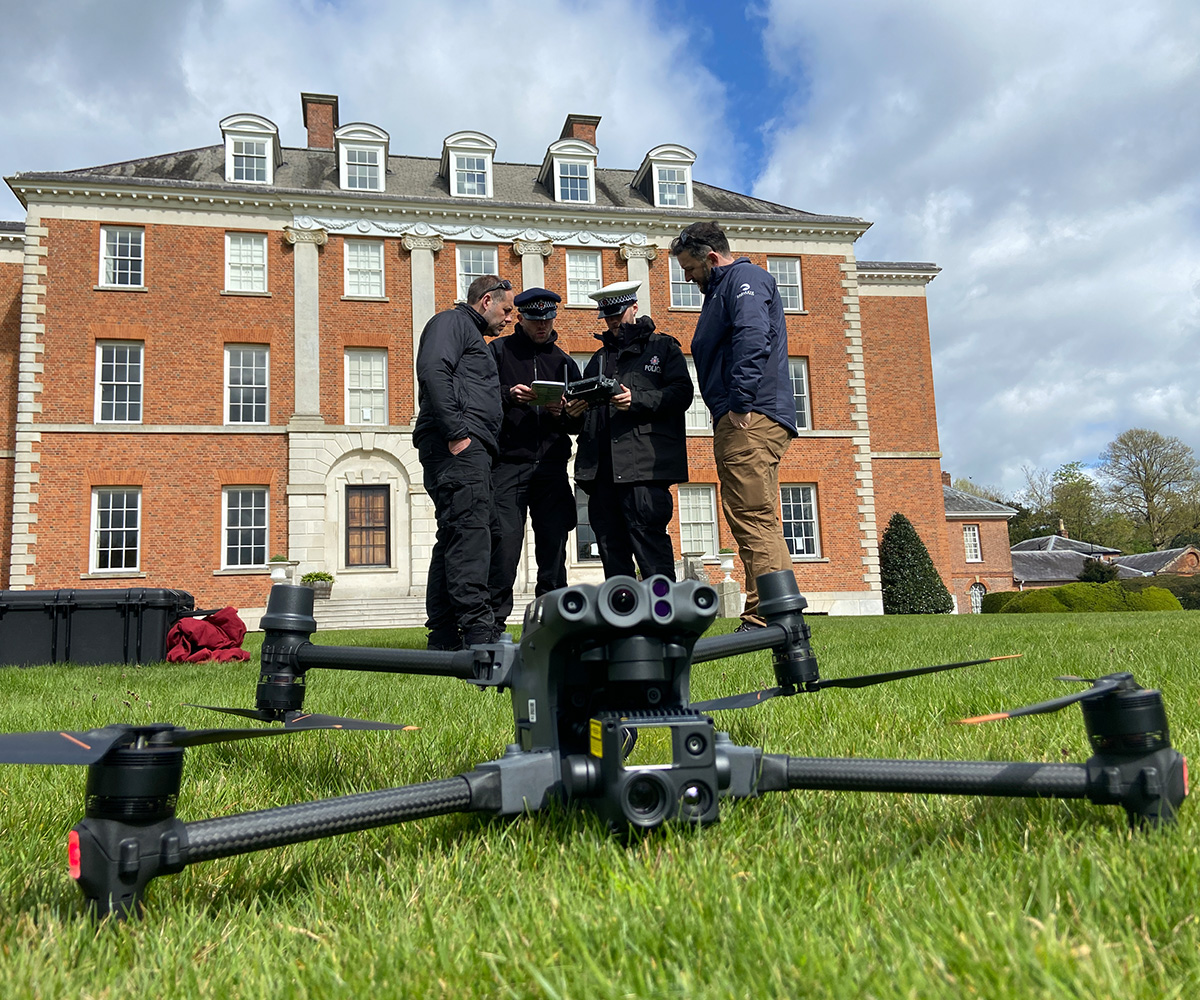
We have been working with Kent Police to provide their officers with Emergency Services tailored drone training. Find out more about what that entailed...